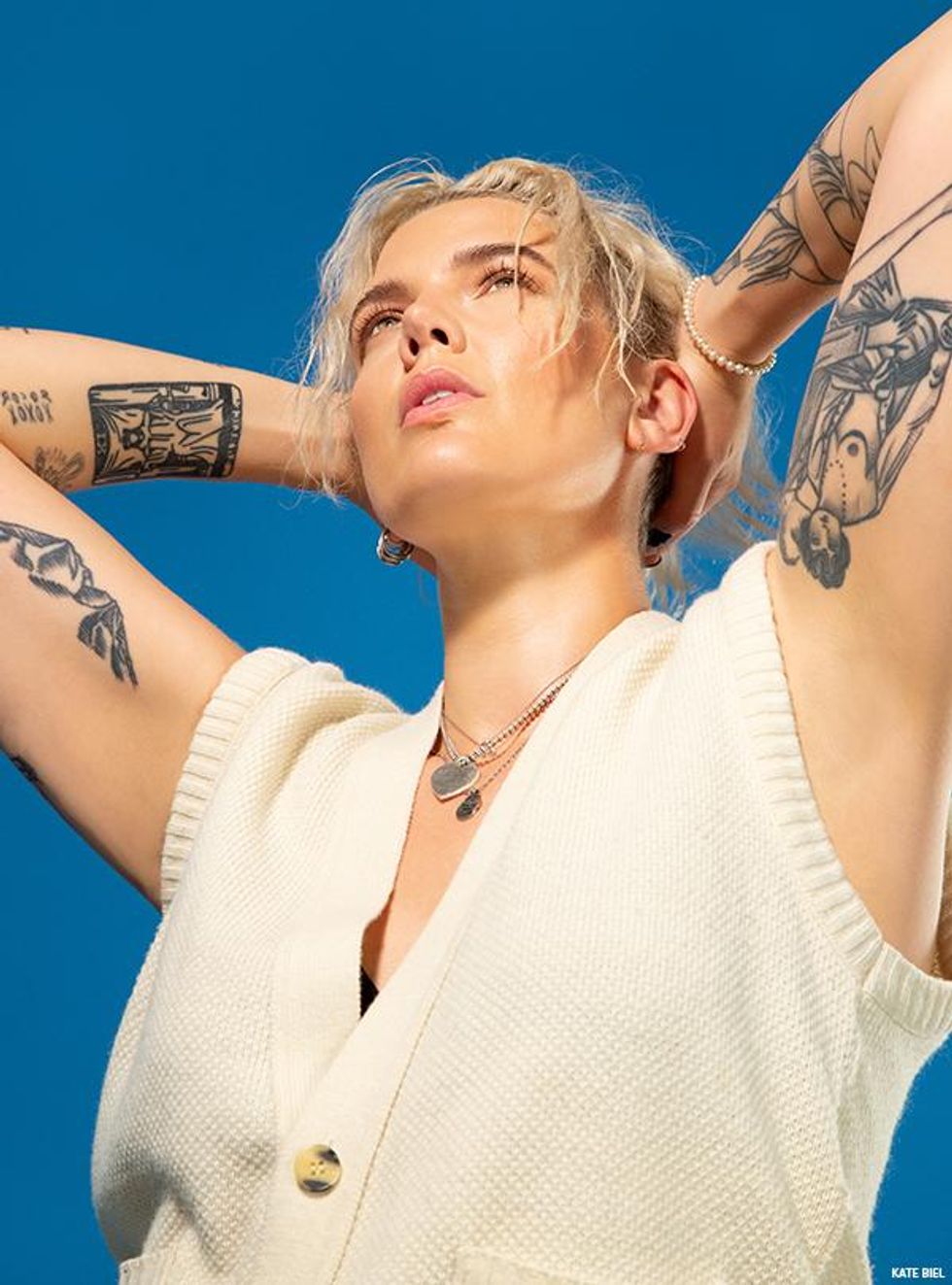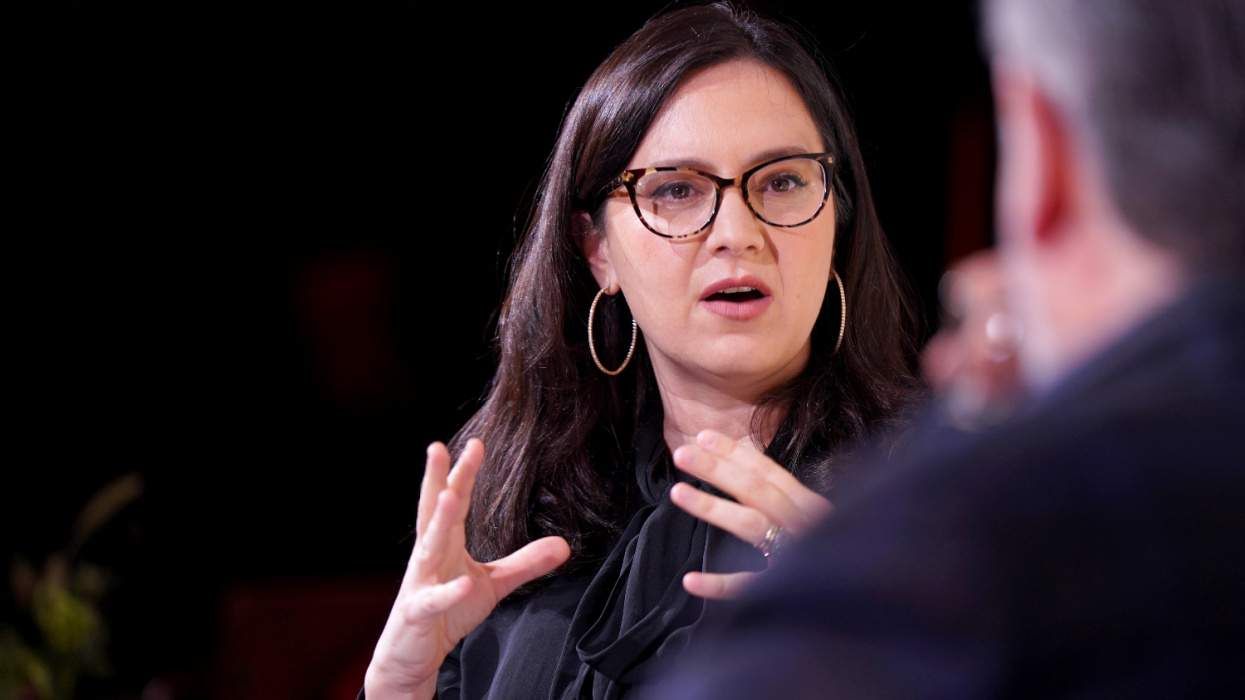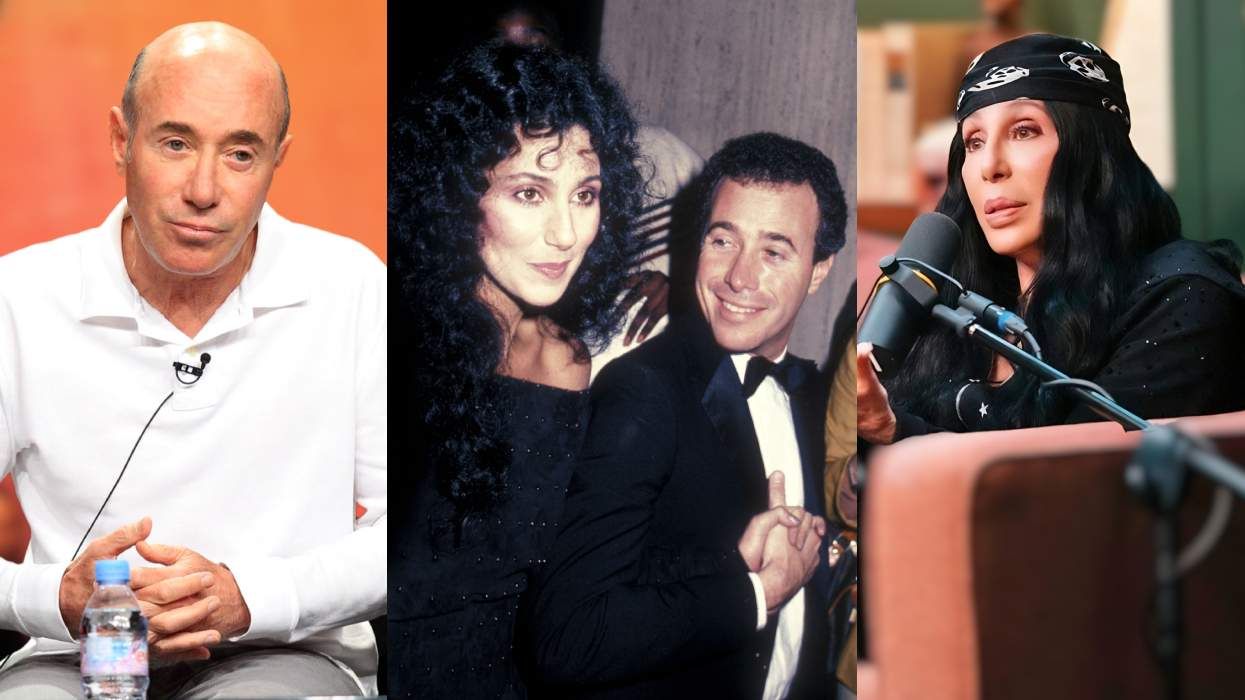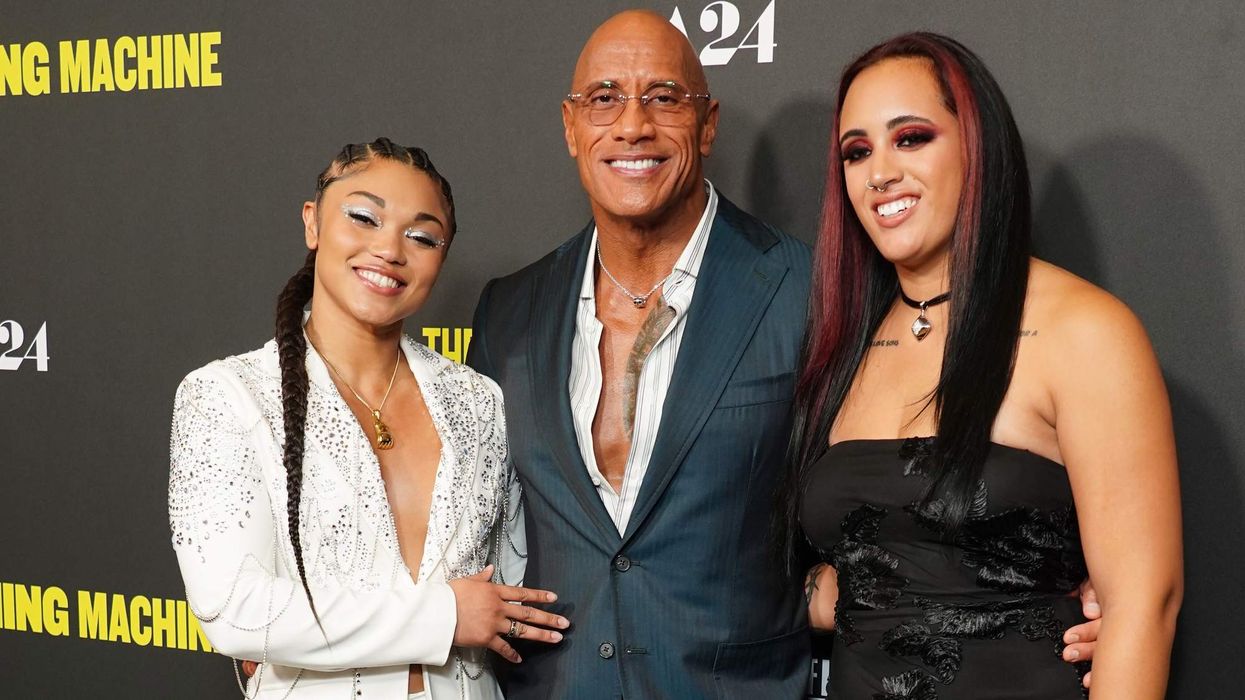In honor of National Coming Out Day, The Advocate spoke with queer pop star Betty Who about coming out, queer musicians, and her new album "Big!" which comes out on October 14.
The Advocate: Twenty years ago, the theme of the annual day was "Coming Out Rocks" which celebrated gay, lesbian, bisexual, and transgender musicians. Have we progressed since 2002?
Betty Who: We've come unimaginably far since 2002 as far as representation and support for LGBTQIA+ musicians and artists -- even thinking about queerness in the 90s when I was growing up, how it felt so much more like a rebellion then. It always takes so much bravery to be yourself, but especially twenty years ago. Let alone before that! There are so many incredible queer and gender nonconforming artists whose bravery cleared the path for artists like me to be able to experiment and push the boundaries of my self and identity.
The Advocate: Do you think the general public is more accepting of LGBTQ+ musicians?
BW: The internet has played such a huge role in giving so many marginalized communities a less dismissible voice. There's strength in numbers so once everyone had a phone in their pocket that connects them to billions of other phones in other people's pockets, all of a sudden we could reach out to each other -- feel less alone. It's one of the main reasons I've felt more and more comfortable being myself and speaking about my sexuality because I know there is this amazing community of people waiting to accept me and provide space for me.
The Advocate: We recently spoke with iconic legend Johnny Mathis, and it was the first time in his career that spans 65 years that he opened up about his sexuality. He came out in the 1980s but never talked about it. Do you think the days of not coming out and hiding it for musicians is a thing of the past?
BW: I think, again, being yourself is so vulnerable. I hold a ton of space for people in this day and age who don't feel safe enough to share intimate details of their personal life or identity with millions of strangers on the internet. It's overwhelming! And opens you up to judgment in a really scary way. Of course, for those that are afraid, know there will always be an incredible community waiting to support you and meet you in your vulnerability but it can take time to get there. You have to do what's best for you in the time that it's best for you and be gentle with yourself along the way.
The Advocate: When you were growing up, were there any LGBTQ+ musicians that you looked up to?
BW: I do believe that some of the best songwriting comes from queer experience. Freddie Mercury's particular brand of "queer person making music for the most heterosexual sports" is a huge inspiration to me. Queer people are so often at the forefront of culture -- the tastemakers and creators I am most excited about. So when queer culture -- a song like "Bohemian Rhapsody" that is about dying from AIDS -- becomes this unofficial straight-person song for generations to come, I feel so inspired and excited. Like we've tricked millions of people who might ordinarily be uncomfortable within the culture into screaming about it from the depths of their soul. Subliminally -- or completely transparently! -- transforming hearts and minds through art. It's what it's all about.
The Advocate: How did your fans react when you came out, and how do you think that might have been different in 2002?
BW: I've never really "come out" if you will. I'm always happy to talk about my experience and sense of self but I never really had this big "Hey everyone, this is the tea, I'm queer now" moment. I've always felt like I've straddled the line in both my sexuality and gender. I like men and women. I feel both masculine and feminine. Along the way, I'm just trying to be myself cause I don't think I can get up on stage and ask everyone in the audience to be themselves if I'm not doing it first. I think it's also a bit of a chicken or the egg question. I don't know if having an insanely supportive LGBTQIA+ community as fans inspired me to be more authentic or if I was always on this path. Whichever one came first, I've never been more grateful for a community in my life than I am grateful for queer people. The art. The adversity overcome. The way we can hold space for each other. It's one of the greatest parts of my life.
The Advocate: Can you talk a bit about the meaning of your new album? Are there any songs on it that speak to acceptance?
BW: A huge theme -- if not the main theme! -- is self-acceptance. Coming to terms with who you really are versus the person you wanted to be or wished you were. I thought a lot about that during COVID and it came through a lot in the music. The title track "BIG" is of course about my literal height (I'm 6'2" after all) but it's mostly a metaphor for wanting more, for wanting the biggest and scariest and most exciting life possible. The "Hard Way" is also one of my fave queer songs on the record. It's about falling in love with this woman when I was in my early twenties in NYC and not knowing how to be there for her or be comfortable with myself in that relationship at that time.
The Advocate: Have you been approached by other musicians, friends, or fans asking you for advice about coming out?
BW: I've had countless conversations about finding yourself and self-confidence, especially with my fans. So many people come to meet and greet and share their stories of heartache or triumph. If I have any advice worth sharing, it really is to be kind to yourself. I'm the first person to be so judgemental or hard on myself when I don't have it all figured out or know exactly where I'm headed yet. It takes so much time to feel at home with yourself, to trust yourself. So lean on those who you feel like they see you, make you feel safe, until you can do that for yourself.

















